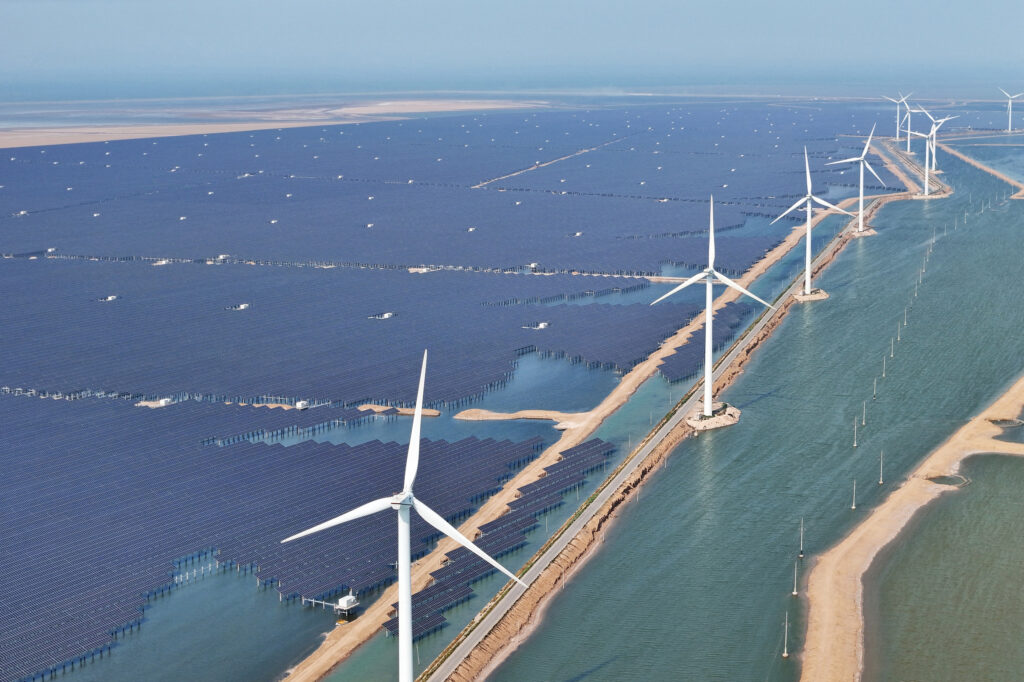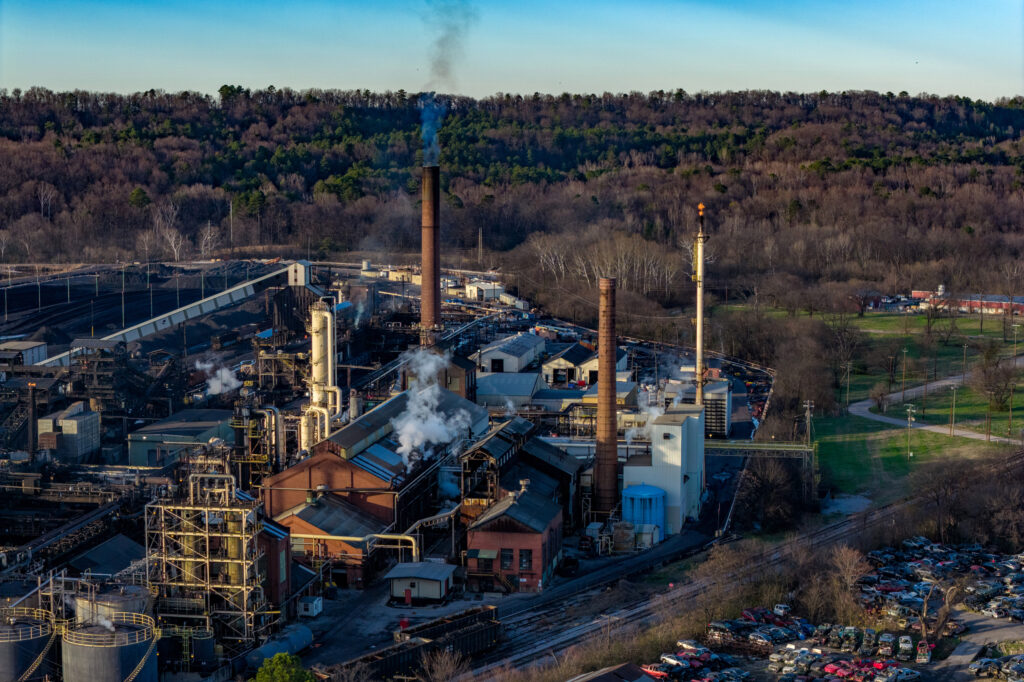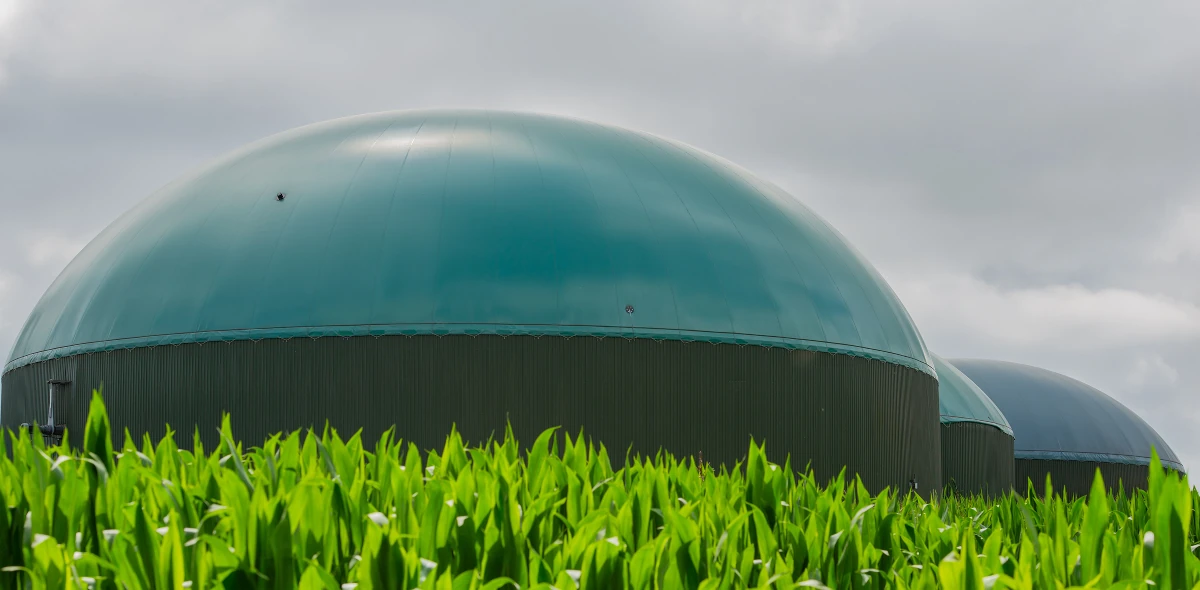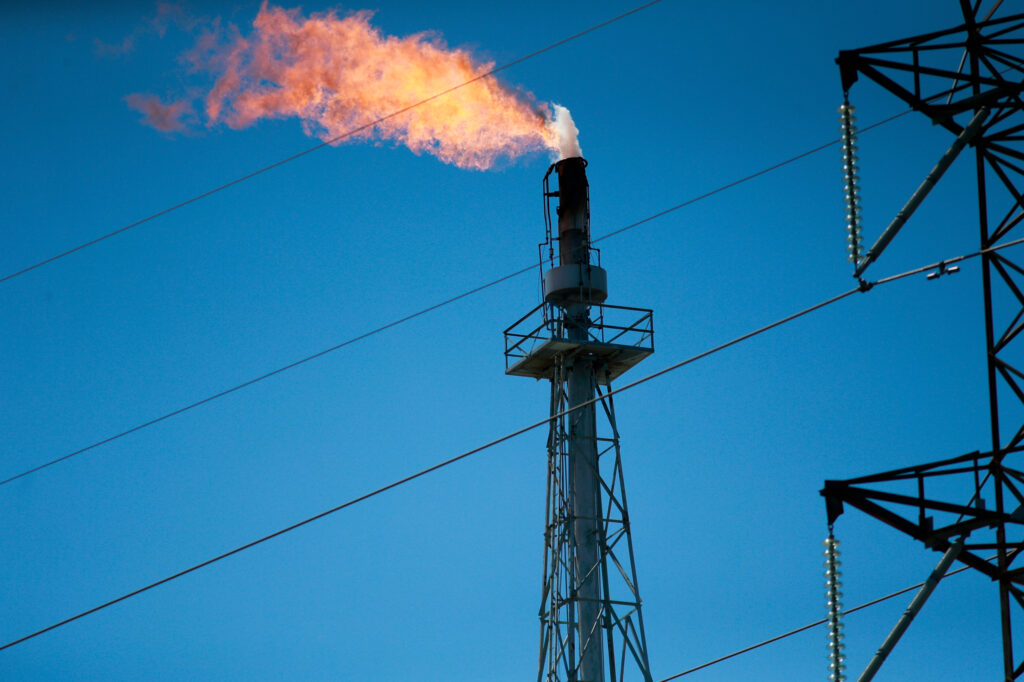For remote island nations like Tuvalu, shipping services provide a critical lifeline to international markets, food and healthcare. But their dependence comes at a cost they want shipowners to help pay.
The global shipping industry is responsible for 90 percent of world trade and emits nearly 3 percent of global greenhouse gas emissions caused by human activity, which are contributing to climate change effects like sea level rise, threatening the existence of small island nations.
According to NASA, sea level in Tuvalu, a group of islands in the South Pacific with a total landmass of just 10 square miles, is rising 1.5 times faster than the global average. By the end of the century, it is expected to increase by another 20 to 40 inches.
“Predictions are that within 50 to 100 years, low-lying islands like Tuvalu could be fully submerged by ocean,” said Simon Kofe, Tuvalu’s minister for transport, energy, communication and innovation.
Explore the latest news about what’s at stake for the climate during this election season.
To prevent this worst-case scenario, Kofe and other representatives from six Pacific island states and a growing number of Caribbean nations known as the 6PAC+ Alliance are urgently calling upon the International Maritime Organization (IMO) to enact a mandatory universal carbon levy of $150 per ton of shipping emissions from large commercial vessels of at least 5,000 gross tons.
“We feel that the best proposal or solution that we have on the table is a levy, because it will achieve both the incentivizing the transition, but also providing a fair and equitable transition,” said Kofe.
The proposed levy would apply to ships transporting freight, as well as those moving passengers across oceans, like cruise ships. It would not apply to domestic fleets. The organization has until next year to vote on the proposal, but if it’s adopted, the levy could be the first of its kind to put a universal price on carbon.
Earlier this month, the group met in London with representatives from nearly 200 IMO member states to discuss the organizations’ plans to decarbonize the industry, which were laid out last year in its 2023 Revised Greenhouse Gas Strategy. The plan strives to achieve several interim goals of reducing emissions by 30 percent by 2030 and 80 percent by 2040, and reaching net-zero emissions by 2050. But how the industry will implement the plan to reach these goals is still up for debate.
During this month’s meetings, member states not only discussed the proposed levy, but also the need to improve fleets’ overall efficiency by using wind and solar energy for ship propulsion and adopting a global fuel standard.
Currently, most marine vessels typically use highly polluting heavy fuel oil. “It’s like the hot dog of fuel oils,” said Delaine McCullough, who has been supporting the 6PAC + Alliance in their advocacy in her role as president of the Clean Shipping Coalition, an international association of civil society environmental protection organizations focused on shipping.“It’s much cheaper to ship several thousand containers of consumer products on a vessel than to drive them individually by truck. The shipping industry provides lots of benefits, but it does so by burning really, really filthy fuel, and that’s contributing to our climate crisis.”
As the IMO looks to transition away from fossil fuels, there is debate over which alternatives to use. Some biofuels may be cheap and easy to turn to, but are problematic, said McCullough.
Producing them can have inadvertent impacts on food security and biodiversity, she said. The most promising alternatives, she said, are electrolytic hydrogen based fuels known as e-fuels. These fuels are produced through a process called electrolysis, which separates water into hydrogen and oxygen using renewable energy sources.
But decarbonizing global fleets will be expensive. “It will have a high price tag,” said McCullough.
According to United Nations Trade and Development (UNCTAD), it could cost $90 billion annually to create the supply chains needed to produce carbon neutral fuels. Fuel prices, themselves, could double. An additional $8 billion to $28 billion annual investment will likely be needed to outfit ships with energy efficient technologies and train seafarers how to use them.
Ultimately, consumers will end up paying the price on everyday items, especially in small island nations and in developing countries where the majority of food is imported.
“The cost of freight, which is already well above the global average, will only go up, and that, of course, translates into costs on the shelves,” said Major Lloyd Jones, chairman of the Belize Port Authority, who is advocating for the proposed carbon levy along with Kofe and other 6PAC + Alliance members. “The levy provides revenue that can help to dampen those impacts,” Jones said.
While the primary goal of the levy is to incentivize carbon emission reductions, it will also generate revenue that can support countries like Tuvalu and Belize as they incur costs associated with the transition. If the levy is adopted next year, a fund would be set up and managed by the IMO so that some of the most vulnerable countries could receive financial support during this transition in overhauling their shipping fleets with green technologies and re-training their seafaring workforces, as well as adapting to the increasing threats posed by climate change.
“If we’re able to succeed with this universal levy at the IMO, attention might then pivot to a universal levy in other sectors, and for those people whose economies are heavily reliant on fossil fuels, they would be taxed,” said Jones.
About This Story
Perhaps you noticed: This story, like all the news we publish, is free to read. That’s because Inside Climate News is a 501c3 nonprofit organization. We do not charge a subscription fee, lock our news behind a paywall, or clutter our website with ads. We make our news on climate and the environment freely available to you and anyone who wants it.
That’s not all. We also share our news for free with scores of other media organizations around the country. Many of them can’t afford to do environmental journalism of their own. We’ve built bureaus from coast to coast to report local stories, collaborate with local newsrooms and co-publish articles so that this vital work is shared as widely as possible.
Two of us launched ICN in 2007. Six years later we earned a Pulitzer Prize for National Reporting, and now we run the oldest and largest dedicated climate newsroom in the nation. We tell the story in all its complexity. We hold polluters accountable. We expose environmental injustice. We debunk misinformation. We scrutinize solutions and inspire action.
Donations from readers like you fund every aspect of what we do. If you don’t already, will you support our ongoing work, our reporting on the biggest crisis facing our planet, and help us reach even more readers in more places?
Please take a moment to make a tax-deductible donation. Every one of them makes a difference.
Thank you,


















